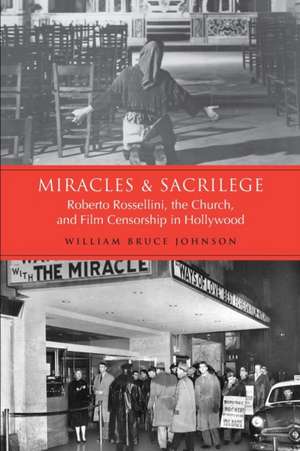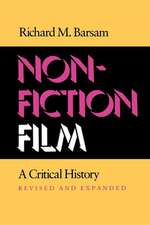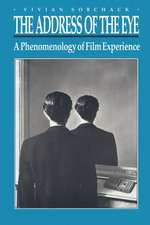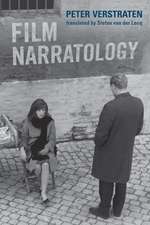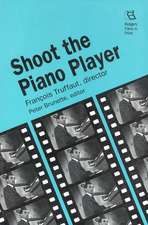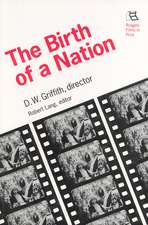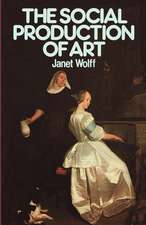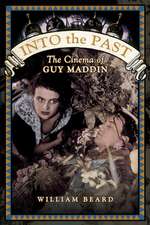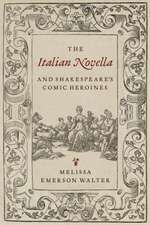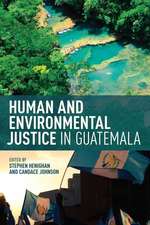Miracles & Sacrilege
Autor William Bruce Johnsonen Limba Engleză Paperback – 4 ian 2008
Miracles and Sacrilege is the story of the epochal conflict between censorship and freedom in film, recounted through an in-depth analysis of the U.S. Supreme Court's decision striking down a government ban on Roberto Rossellini's film The Miracle (1950). In this extraordinary case, the Court ultimately chose to abandon its own longstanding determination that film comprised a mere 'business' unworthy of free-speech rights, declaring for the first time that the First Amendment barred government from banning any film as 'sacreligious.'
Using legal briefs, affidavits, and other court records, as well as letters, memoranda, and other archival materials to elucidate what was at issue in the case, William Bruce Johnson also analyzes the social, cultural, and religious elements that form the background of this complex and hard-fought controversy, focusing particularly on the fundamental role played by the Catholic Church in the history of film censorship. Tracing the development of the Church in the United States, Johnson discusses the reasons it found The Miracle sacrilegious and how it attained the power to persuade civil authorities to ban it. The Court's decision was not only a milestone in the law of church-state relations, but it paved the way for a succession of later decisions which gradually established a firm legal basis for freedom of expression in the arts.
Preț: 410.85 lei
Nou
78.62€ • 81.11$ • 65.61£
Carte tipărită la comandă
Livrare economică 27 martie-10 aprilie
Specificații
ISBN-10: 0802094937
Pagini: 516
Dimensiuni: 156 x 227 x 31 mm
Greutate: 0.8 kg
Editura: University of Toronto Press (Scholarly Pub)
